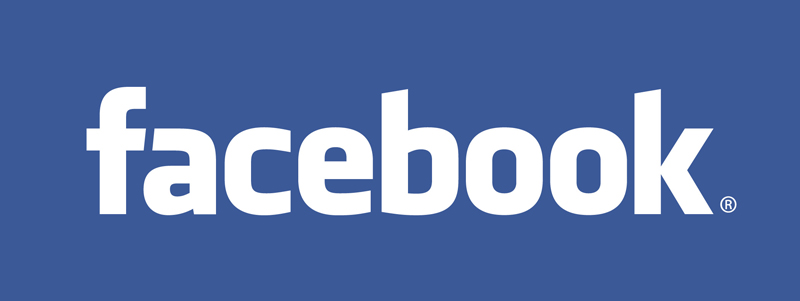Should Children Under 13 Be Allowed on Facebook?

Much like the streets of the real world, the vast stretches of the Internet can be a scary and dangerous place for children. Not only does society as a whole have to look out for and protect our children against pedophiles and child predators, but in recent years we have developed an entirely new need to safeguard younger Internet users from the grasps of corporations and enterprises that would like nothing more than to exploit users of their personal information for the sole purpose of generating profit.
This is the exact reason why the Children’s Online Privacy Protection Act (COPPA) was enacted in 1998. In short the regulations place limitations on what information websites and online establishments can collect from children under the age of thirteen, and puts standards in place to obtain and validate parental consent for children to use many information collecting websites.
But if Mark Zuckerberg of Facebook gets his way, the COPPA could quite possibly be a thing of the past; or at very least Facebook could get exemption from the act. While we haven’t seen anyone step up to support Zuck’s desires thus far, this news makes it very apparent that the social networking website is looking to expand upon a larger and younger audience. Why? Mark Zuckerberg has recently been put on the record arguing that doing so would benefit education by implementing better peer-based collaboration systems.
Now, I realize that this isn’t the type of thing that anyone – even a company as large and influential as Facebook – can make happen with the blink of an eye. As people become more aware of their surroundings on the Internet, privacy has become a hot topic on the minds of just about every well-informed user. And neither Zuckerberg nor Facebook has gained the reputation for having the privacy of their users as a top priority. Rather, I think it’s safe to say that many people see Facebook as a privacy concern and highly inconsiderate organization. But does the potential educational benefit have justification for us as a society to let our guard down and let Facebook have its way?
Social platforms do, after all, have a great importance in how we work. Facebook and LinkedIn have become common-place in many offices because they allow people to establish and manage potentially invaluable contacts. In terms of education, I can see where it would be useful for the American educational system to allow students to communicate and share information in a more free-form fashioned; very similarly to what we see in science and greater-good research ventures now. Before I graduated last year I was very impressed that one of my high-school teachers took advantage of Facebook to communicate with his students, making himself available to answer questions outside of the classroom. If anyone ever had a question with an assignment or concept, they could simply pose it on his wall and he and other students would almost immediately begin discussing and answering said questions. It really was a beautiful thing.
But for students under the age of thirteen, does the same type of socially driven communications platform seem practical? Really, I don’t think I can be persuaded to see the point. I mean, sure, electronic communication is important, but at the age of thirteen I honestly feel that students should still be developing socially and shouldn’t be subjected to fast-paced social experience of Facebook. As it stands, many schools (at least in my locale) offer email and collaboration (document, calendar, etc.) systems that students and teachers can freely use to share, plan, and coordinate. For this reason alone, I simply cannot fathom where young students have a need to be on Facebook.
And in all honesty, I’d be extremely turned off if Facebook went from a college-focused social network to one focused on grade-schoolers.